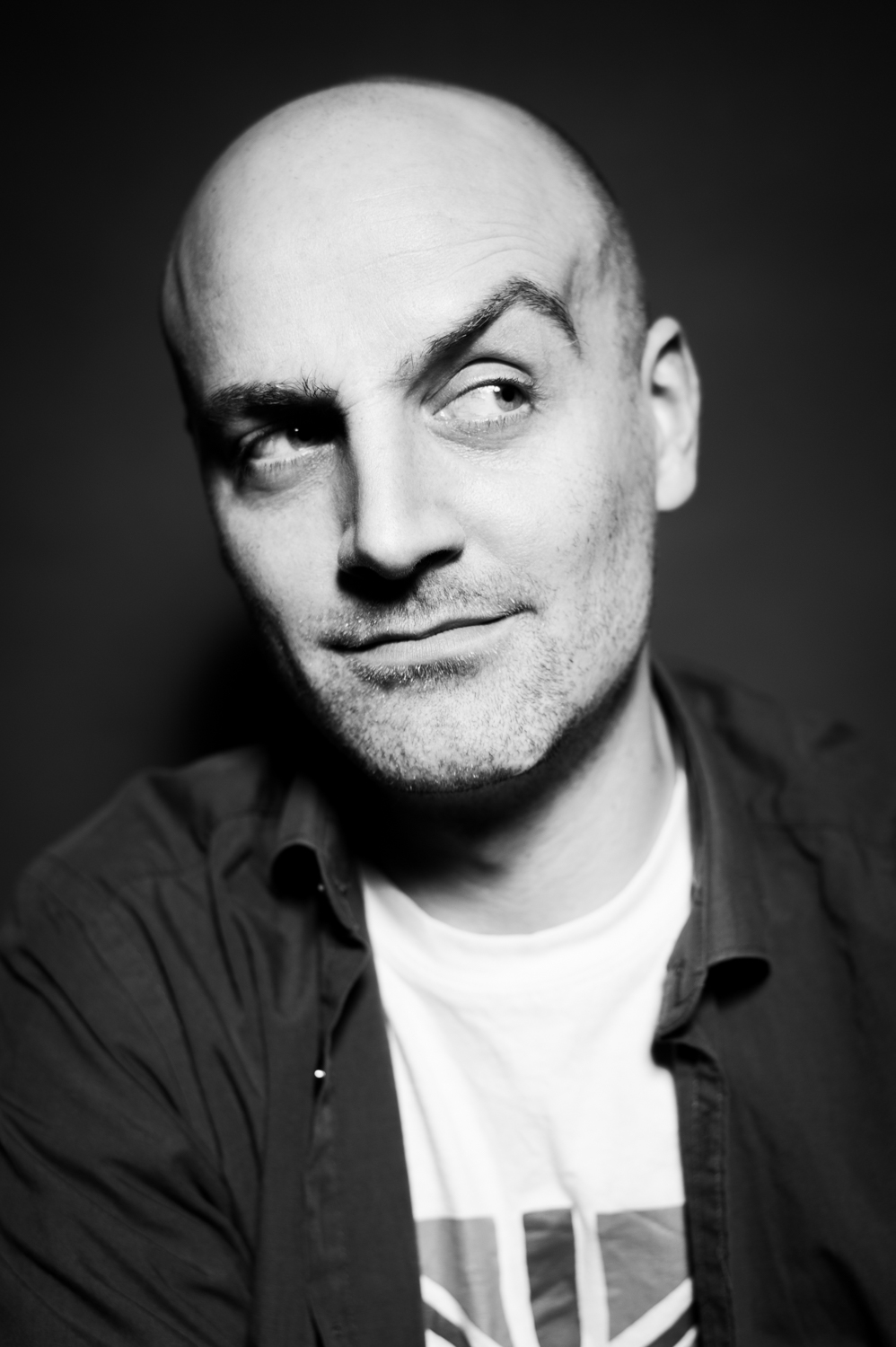Being bold with Roald

Dr Robert Francis, Lecturer, Creative and Professional Writing, shares his views on the rewrite debate of Roald Dahl’s children’s books.
This week, the literary world was in a state of fraught debate about Puffin Books’ decision to rewrite sections of some of Roald Dahl’s children’s books. The publisher defended their decision, suggesting that these sorts of “updates” happen all the time and that only subtle changes were made. Some commentators suggested it was a marketing gimmick – like when Will Self says the “The novel is dead” and then brings out his new novel. Some said attention should be on more problematic authors instead.
Salman Rushdee, an author who knows a thing or two about ideological suppression, called it “absurd censorship”. David Baddiel, who has spent much of his intellectual and comedic efforts in calling out rational inconsistencies, joined the debate, suggesting that once we start erasing and rewriting, we ultimately run up against something with no limiting principle.
I echoed these sentiments in my tweet: "On Roald Dahl. Literature is meant to be bloody "problematic." You know about context, right? And, you know what happens when things get repressed? This rewriting is vandalism and a very slippery slope which will have unpredictable and possibly violent consequences."
Following this post, I was subsequently invited onto BBC Radio West Midlands to discuss the issue further.
It’s true that books have been amended, abridged, translated, and edited over time. Often with the aim to broaden the work’s appeal and audience. It strikes me that something more is going on with these most recent changes. On the face of it, they seem innocuous and even silly: amending ‘female’ to ‘woman’, removing the word ‘fat’, and changing ‘Oomper Loompers’ from men to people. Silly as it may be, it’s clear that the agenda here is not merely about introducing contemporary expressions to open new markets to Dahl’s stories. It has a political and ideological thrust to it; one tied up with other similar currents – trigger warnings and cancel culture to name two. The new editors and sensitivity readers are amending words and phrases based on what they perceive as problematic to their idiosyncratically “worthy” vernacular. Well-meaning as this may be, it opens latitudes for abuse and snowballing problems for literature and culture more broadly.
One of Sigmund Freud’s assertions was that things that are repressed don’t just get removed from the individual’s psyche, they bubble up in unpredictable and often explosive behaviours. The same stands for the communal psyche. Words, ideas, and movements that are censored, are forced into a similarly pressurised position. Anger, violence and resentment spew out of the cracks the censors cannot fill. Further still, by reconfiguring a text to suit a current appetite we lose traction on the history that created the text and subsequently lose some of the anchoring that brings about present and future cultures. Like Freud’s patient lost in a quagmire of neurosis and looping negativity, we have no contextual crampons. These things double and double in their feedback loop.
One of my literary heroes, Clive Barker, had to defend himself from censorious attacks and made a similar psychoanalytic case as he did. This old clip from BBC Scotland’s ‘Open to Question’ offers some interesting points of debate.
Other problems are issues of limits and shifts. Who gets to decide what words are okay? What happens when we see something “problematic” today that wasn’t yesterday? How far into literary history and through different genres do we apply these tricky rules? At what point is a whole text or whole author’s output unredeemable and why? The devil is in the detail, and no one is digging down into the swirling problems. Here are a few possible answers:
Who makes the judgment? The person you least want.
What happens when things change, which they perpetually do? We need to perpetually rewrite, and rewrite again and further erode our historical or contextual bases.
How far back and into what genres? Well, as far as the person you least want in charge wishes to go, and in any genre that doesn’t suit the utopian goals.
Answers to these questions start to resemble Orwell’s Ministry of Truth. A dystopian bureaucracy where all words and all texts are in a state of constant revision to stop the spread of wrong think. Here’s two apposite quotations:
“Every record has been destroyed or falsified, every book rewritten, every picture has been repainted, every statue and street building has been renamed, every date has been altered. And the process is continuing day by day and minute by minute. History has stopped. Nothing exists except an endless present in which the Party is always right.”
“Don’t you see that the whole aim of Newspeak is to narrow the range of thought?"
Publishers should be less arrogant and less confident in these matters, attending to their own blinkers that lead their newspeak amendments. They should remember too, that part of the joy and power of Dahl’s story worlds is naughtiness, and if we don’t get it in fiction, it’ll be sought out elsewhere. Perhaps putting more energy, funds and time into helping new writers produce new writing would be a more creative and worthwhile way of bringing in the desired changes. Destruction is far easier than creation though, isn’t it?
For more information please contact the Corporate Communications Team.


/prod01/wlvacuk/media/departments/digital-content-and-communications/images-2024/Diane-Spencer-(Teaser-image).jpg)
/prod01/wlvacuk/media/departments/digital-content-and-communications/images-18-19/220325-Engineers_teach_thumbail.jpg)
/prod01/wlvacuk/media/departments/digital-content-and-communications/images-2024/240509-Menopause-Research-Resized.jpg)
/prod01/wlvacuk/media/departments/digital-content-and-communications/images/Maria-Serria-(teaser-image).jpg)
/prod01/wlvacuk/media/departments/digital-content-and-communications/images-2024/241014-Cyber4ME-Project-Resized.jpg)
/prod01/wlvacuk/media/departments/digital-content-and-communications/images-2024/240315-Research-Resized.jpg)
/prod01/wlvacuk/media/departments/digital-content-and-communications/images-2024/BDA-group-photo.jpg)